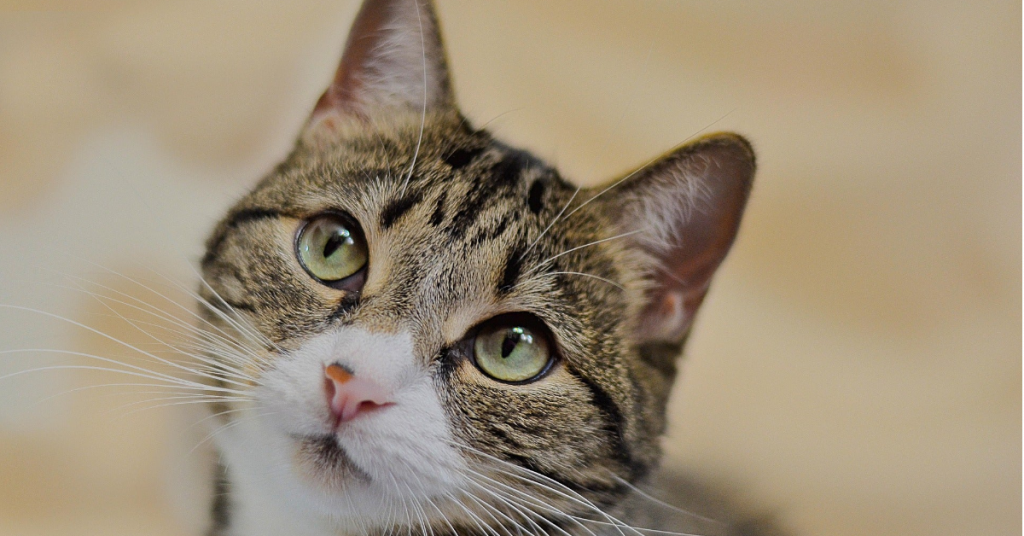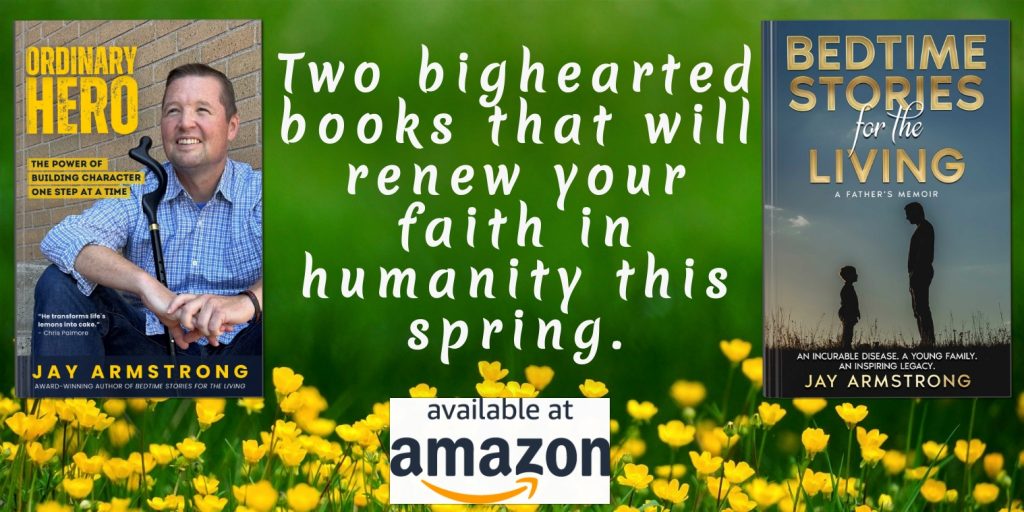Curiosity (Almost) Kills the Cat: A Life Lesson

I was on my usual morning walk with Maggie May when a strange gray and white cat darted in front of us.
Maggie pulled the lease hard and barked.
The cat, about one and a half suburban front yards away, stopped, gave us a curious stare and purred something like, ” Nanny nanny poo poo.”
Maggie May pulled hard again. I fumbled the leash to the sidewalk. Maggie May stayed but her hind legs shook as 30,000 years of wild instincts collided with 3 years of domesticity training.
I barked, “Maggie May. STAY.”
She looked back at me, swiveled to the cat, back at me and whimpered.
A white pickup truck rumbled by. The high morning sun warmed my neck as I bent down to grab the leash. Maggie May’s hind legs shook with the warm DNA of her ancestors. The cat, and all its curiosity, dashed left.
Every year, a question I always asked my teenage students was, “Are adults curious?”
The answers usually fell in the “kind of but not really” category.
Then I asked, “Are children curious?”
A resounding, “Yes.”
“Are teenagers curious?”
“Kind of but… usually not about good things.”
Then I would ask, “As you age, is curiosity important to maintain?”
“Yes, but adults often forget about curiosity because they’re busy with life insurance and other stuff.”
This conversation was a prelude to the poem, “The Love Song of J Alfred Prufrock” by TS Eliot. The shockingly long and shockingly accurate poem is a literary portrait of a balding middle aged man who has lost his curiosity, asks himself “Do I dare disturb the universe?” but never does and meekly slinks into the monotony of modern life.
“Is this poem a realistic portrayal of adults?” I would ask
“Yes,” my students would respond.
“So if you’re heading towards adulthood, how do you prevent this from happening to you?”
I found Maggie May in the back corner of a neighbor’s backyard. The leash had wrapped around a red, capsized canoe. She yipped and pawed at a hole in the chain link fence where I imagined the gray and white cat squeezed through and pranced away.
On this day curiosity didn’t kill the cat. Instead, curiosity tethered the dog tightly to a red canoe.

“The old,” Eliot wrote, “should be explorers, be curious, risk transgressions, explore oldness itself. Yet, I feel an ache in my middle aged bones. I realize now that being curious, like sit ups, takes effort. When we were kids, curiosity came naturally.As easy as Velcro shoes. And I guess, we just assumed that we would always be curious. And life got hard. We were introduced to TV and being cool and shoelaces. We became so knotted with life that we forgot about curiosity. And, like Prufrock, we don’t dare disturb any universe.
I’m envious of Maggie May’s curiosity. Her willingness to disobey and disturb the universe. Her boundless curiosity is wondrous. I know, she’s a dog. Her curiosity is innate. But so is ours.Let us not forget we are animals.
We were once young animals with Velco shoes unafraid to ask questions and chase adventure like an unleashed dog. Curiosity is our life assurance. And the strength of our policy depends on using our curiosity.
The good news is curiosity— even for us Prufrocks—is easy to retrieve and easy to exercise.
Ponder “Why?” more. Begin thoughts with, “What if…?” And don’t be afraid to wander into your neighbor’s backyard and wonder about red canoes.
Be well,
Jay

Donation Link
~~
One Line, One Love Episode 20: Writer’s Toolbox– Engage the Mess
Writing is an art of solitude. However, writing rarely begins in solitude. In this episode, Gail and Jay have a lively conversation about how writers must be willing to engage with the world before they write. G and J talk about why observing the present world is fertile soil for planting future story seeds. They also provide a fun strategy— for not only passing time while waiting for your kid’s soccer game to start—but for working your imagination and cultivating new writing ideas. If you’re an everyday writer who wants to learn how to discover new ideas and wants to practice a valuable exercise for discovering those ideas then this lively 20 minute episode is a must listen!

OLOL is a unique listening and reading experience that will inspire everyday writers, who dream of writing, to pick up their pens and write one line at a time.
This podblog format (a hybrid of a podcast and blog) is for everyday writers who–like me–often need a creative boost, a scrap of encouragement, and practical advice to unleash the writer within. Each episode consists of five wide-ranging, writer-focused questions and a weekly writing prompt.
Please check it out! And please share with any writer friends or anyone in your life who has ever considered picking up the pen.
~~

Purchase Link
~~
Warm greetings to everyone who found me on the University of Pennsylvania’s Ataxia Clinic’s website! Thanks for stopping by. I have ataxia and though I’m not a doctor, I hope my words comfort, encourage, empower, and serve as good company on your journey.

~~
Jay Armstrong is a speaker and an award-winning author. Despite being diagnosed with a rare neurological disease, that impairs his movement, balance, eyesight, and speech–Jay presses on. The leader of the Philadelphia Ataxia Support Group, he hopes to help you find joy, peace, and meaning in life.




